Finite and Infinite Games
By James Carse
Category
PhilosophyRecommended by
"Finite and Infinite Games" by James Carse is a profound exploration of human existence and the nature of games. Carse argues that life can be understood as a series of games, with two types: finite and infinite.
Finite games have defined rules and boundaries, where players compete against each other to win. These games have a clear ending and are played with the goal of achieving a specific outcome. Examples of finite games can be seen in sports, business, and politics.
In contrast, infinite games have no fixed rules or boundaries. The goal is to continue playing and to keep the game in motion indefinitely. Players in infinite games are not focused on victory, but on the joy and fulfillment of participating in the game itself. Love, creativity, and education are examples of infinite games.
Carse suggests that understanding the distinction between finite and infinite games can profoundly impact our lives. He emphasizes that while finite games have their place, our ultimate fulfillment and purpose come from engaging in infinite games. By embracing the infinite game perspective, we can navigate life with a sense of freedom, joy, and a deeper understanding of our existence.
Throughout the book, Carse delves into various aspects of finite and infinite games, discussing their philosophical implications, the role of institutions, and the power dynamics involved. He invites readers to challenge their assumptions about competition and success, and to embrace a more expansive view of life.
"Finite and Infinite Games" offers readers a thought-provoking exploration of the games we play and how they shape our lives. Carse's insights challenge conventional wisdom and invite us to shift our perspective, leading to a more profound understanding of ourselves and the world around us.
Finite games have defined rules and boundaries, where players compete against each other to win. These games have a clear ending and are played with the goal of achieving a specific outcome. Examples of finite games can be seen in sports, business, and politics.
In contrast, infinite games have no fixed rules or boundaries. The goal is to continue playing and to keep the game in motion indefinitely. Players in infinite games are not focused on victory, but on the joy and fulfillment of participating in the game itself. Love, creativity, and education are examples of infinite games.
Carse suggests that understanding the distinction between finite and infinite games can profoundly impact our lives. He emphasizes that while finite games have their place, our ultimate fulfillment and purpose come from engaging in infinite games. By embracing the infinite game perspective, we can navigate life with a sense of freedom, joy, and a deeper understanding of our existence.
Throughout the book, Carse delves into various aspects of finite and infinite games, discussing their philosophical implications, the role of institutions, and the power dynamics involved. He invites readers to challenge their assumptions about competition and success, and to embrace a more expansive view of life.
"Finite and Infinite Games" offers readers a thought-provoking exploration of the games we play and how they shape our lives. Carse's insights challenge conventional wisdom and invite us to shift our perspective, leading to a more profound understanding of ourselves and the world around us.
Share This Book 📚
More Books in Philosophy
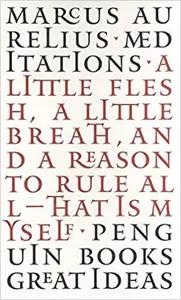
Meditations
Marcus Aurelius
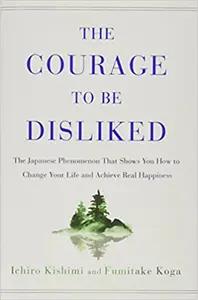
The Courage To Be Disliked
Ichiro Kishimi
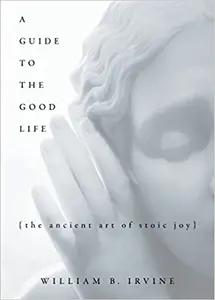
A Guide To The Good Life
William B. Irvine
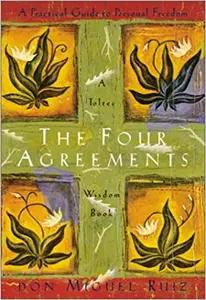
The Four Agreements
Don Miguel Ruiz
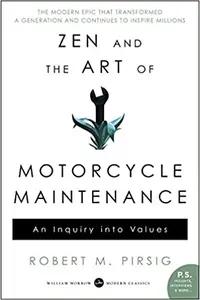
Zen and the Art of Motorcycle Maintenance
Robert M. Pirsig
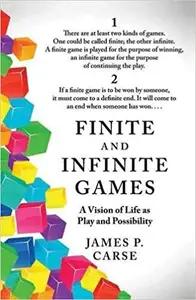
Finite and Infinite Games
James Carse
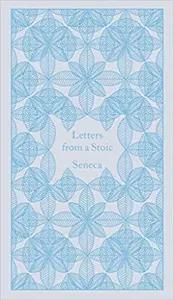
Letters from a Stoic
Lucius Annaeus Seneca
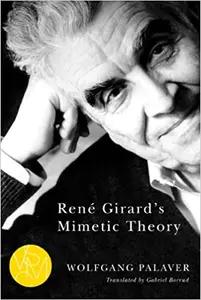
René Girard's Mimetic Theory
Wolfgang Palaver
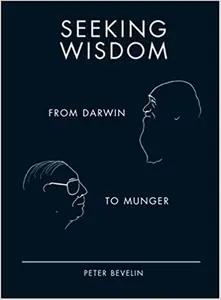
Seeking Wisdom
Peter Bevelin
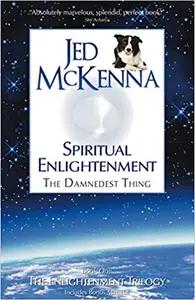
Spiritual Enlightenment, the Damnedest Thing
Jed McKenna
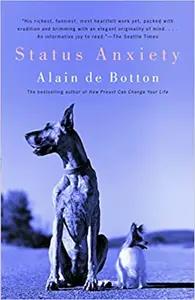
Status Anxiety
Alain De Botton
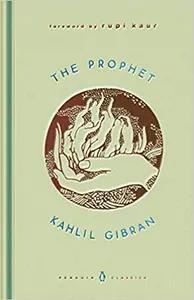
The Prophet
Kahlil Gibran
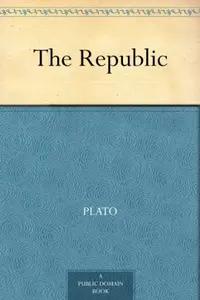
The Republic
Plato
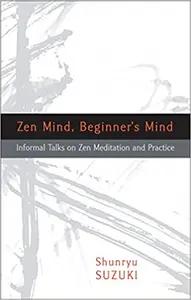
Zen Mind, Beginners Mind
Shunryu Suzuki
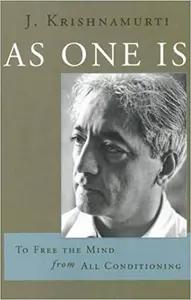
As One Is
Jiddu Krishnamurti
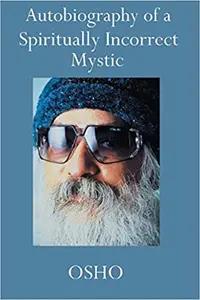
Autobiography of a Spiritually Incorrect Mystic
Osho
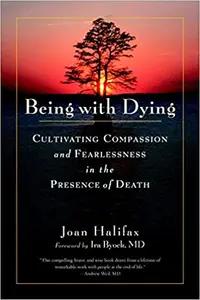
Being With Dying
Joan Halifax
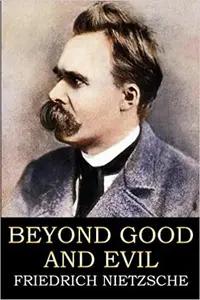
Beyond Good and Evil
Friedrich Nietzsche
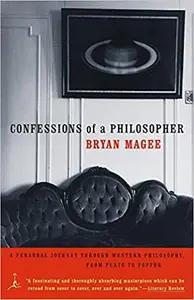
Confessions of a Philosopher
Bryan Magee
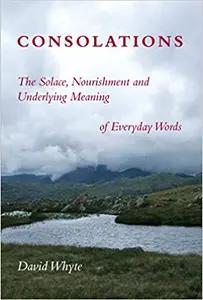
Consolations
David Whyte
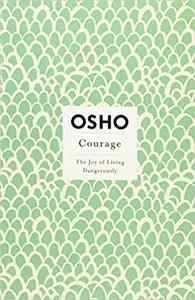
Courage
Osho
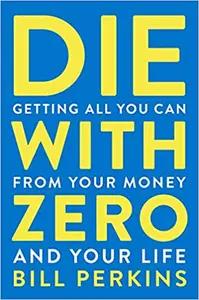
Die With Zero
Bill Perkins
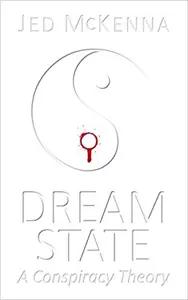
Dreamstate
Jed McKenna
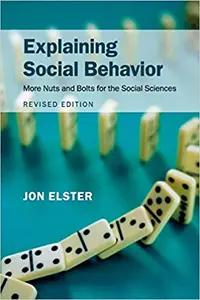
Explaining Social Behavior
Jon Elster
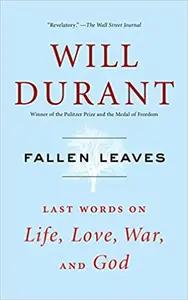
Fallen Leaves
Will Durant
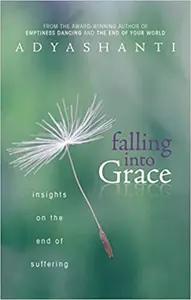
Falling into Grace
Adyashanti
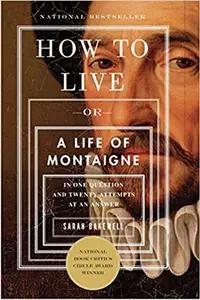
How To Live
Sarah Bakewell
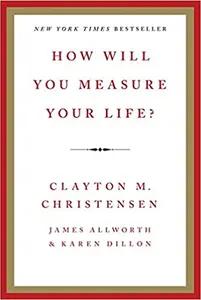
How Will You Measure Your Life?
Clayton Christensen
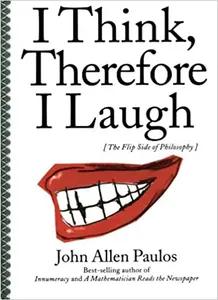
I Think, Therefore I Laugh
John Allen Paulos
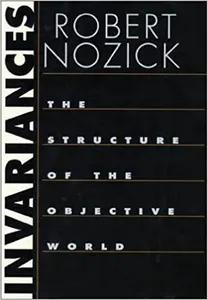
Invariances
Robert Nozick
Popular Books Recommended by Great Minds 📚
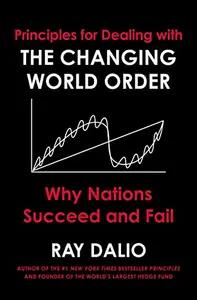
Principles for Dealing With The Changing World Order
Ray Dalio
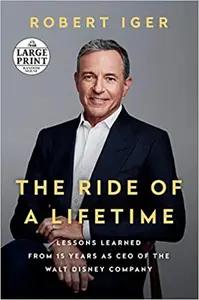
The Ride of a Lifetime
Bob Iger
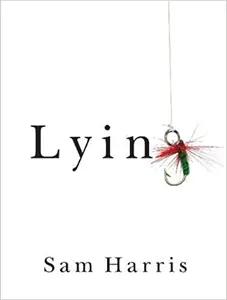
Lying
Sam Harris
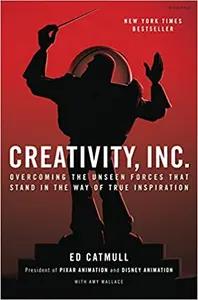
Creativity, Inc.
Ed Catmull
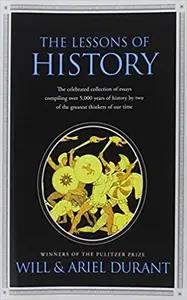
The Lessons of History
Will & Ariel Durant
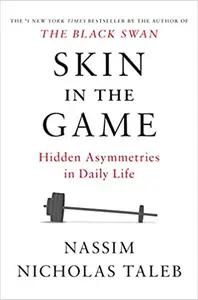
Skin In The Game
Nassim Taleb
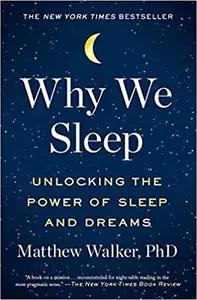
Why We Sleep
Matthew Walker
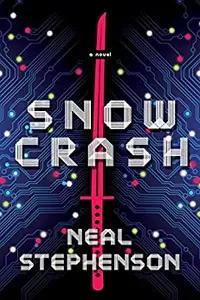
Snow Crash
Neal Stephenson
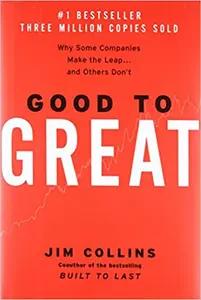
Good To Great
Jim Collins
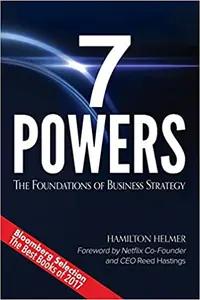
7 Powers
Hamilton Helmer
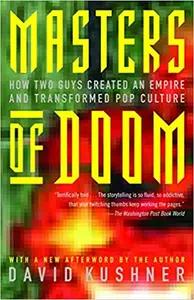
Masters of Doom
David Kushner
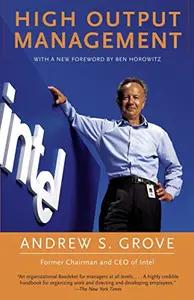
High Output Management
Andrew Grove
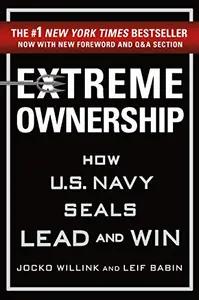
Extreme Ownership
Jocko Willink
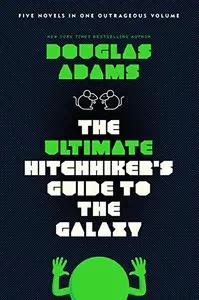
The Hitchhikers Guide to the Galaxy
Douglas Adams
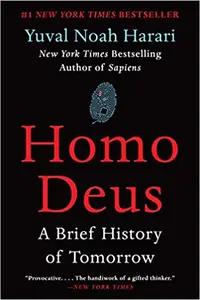
Homo Deus
Yuval Noah Harari
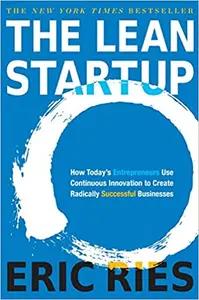
The Lean Startup
Eric Reis
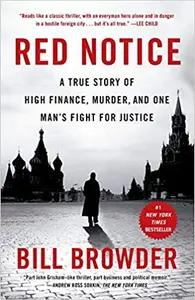
Red Notice
Bill Browder

Titan
Ron Chernow
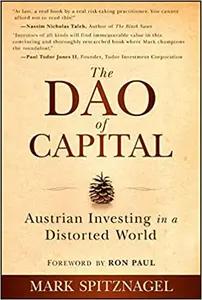
The Dao of Capital
Mark Spitznagel

The Intelligent Investor
Benjamin Graham
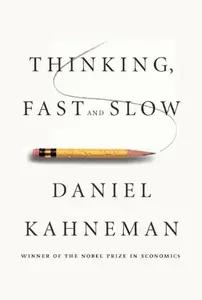
Thinking, Fast and Slow
Daniel Kahneman
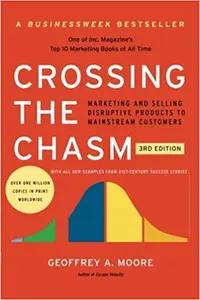
Crossing the Chasm
Geoffrey Moore
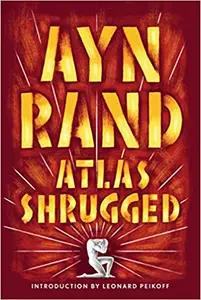
Atlas Shrugged
Ayn Rand
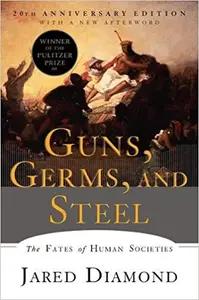
Guns, Germs, and Steel
Jared Diamond
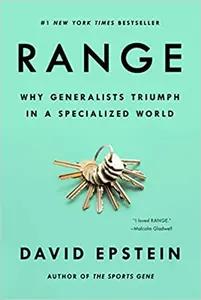
Range
David Epstein
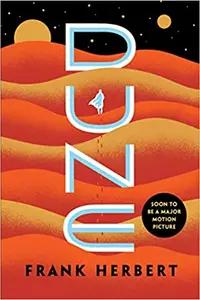
Dune
Frank Herbert
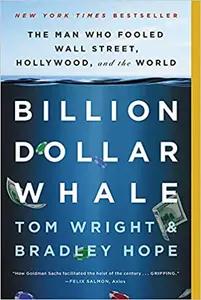
Billion Dollar Whale
Tom Wright
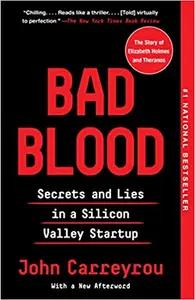
Bad Blood
John Carreyrou
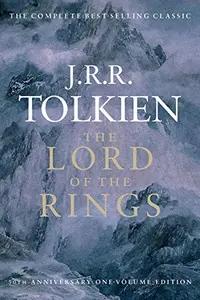
The Lord of the Rings
J.R.R. Tolkien
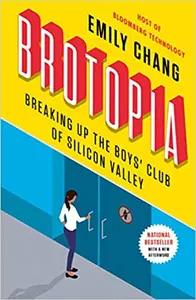
Brotopia
Emily Chang